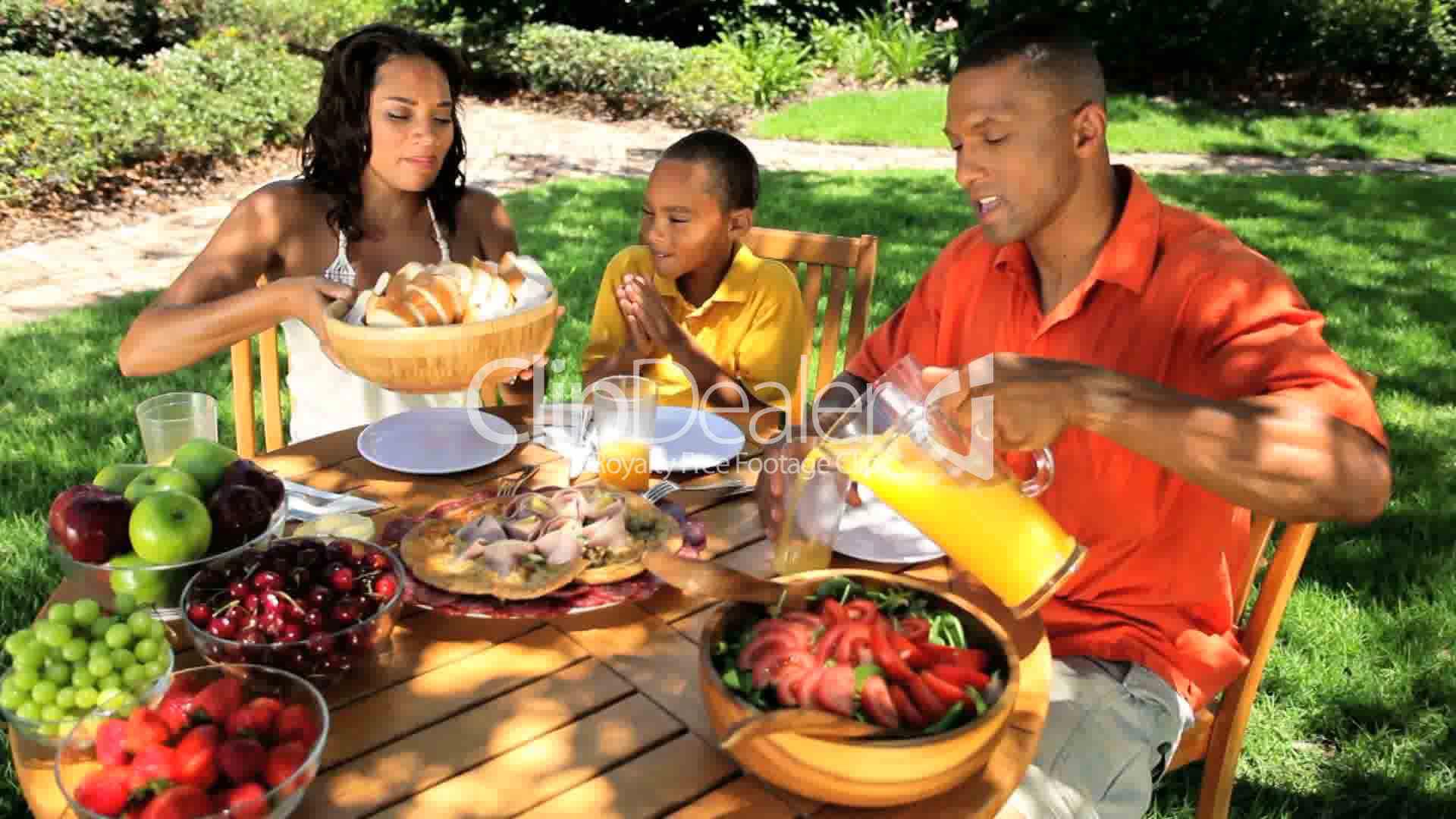When you sit down to eat, you probably never think about your relationship with food having anything to do with your childhood or past at all. Yet, the initial relationships and associations you have with food and pleasure immediately begin in childhood and become ingrained in your brain as a way of life. We don’t always realize it, but many things can be affected by our childhood, in good and bad ways. The following examples are some ways your relationship with food, whether good or bad, can actually stem from certain occurrences or things in your childhood.
1. Abuse
Abuse is one of the number one things that can affect your relationship with food, though the two might seem completely separate. Physical, sexual, or mental abuse can all have a profound effect on your self esteem, and the way you view food and pleasure. You might either restrict yourself from food due to a lack of feeling like you deserve nourishment, or you might overeat as a way to comfort yourself from the pain of the memories of the abuse.
2. Reward
Many children are rewarded for things during childhood, and one of those rewards is food. If you found yourself being given food as a way to reward you for most anything by your parents, this might be one reason you still do so as an adult. There are other ways to reward yourself without food. Some include taking walks, going out with friends, buying something nice for yourself, getting a pedicure, taking a hot bath, making a cup of tea, reading a book, etc. Try incorporating different things that have no relationship with food as a reward tool to break the cycle.
3. Dinner Table
How many of you grew up eating at a dinner table? I did until I was about 15 and my parents split up. Then, of course, we stopped. This was immediately when my relationship with food changed, and I lost touch with talking to my parents about everyday issues over the dinner table. A family dinner is one way that allows you to feel intimate with others around food, and food becomes secondary to conversation and relationships. Now, of course, if you were fed unhealthy foods at the dinner table, that might also teach you unhealthy food habits, but family dinners are still something to be treasured. They can help you establish a good relationship with others and view food as the second most important thing at hand. Intimacy around others and food can usually be drawn back to this one habit. Did you eat at the dinner table with your family, or was everyone eating on their own or watching television?
4. Dieting Parents
Another issue that might have something to do with the way you view health is if your parents dieted. Parents who are always on a diet are sending their children a direct message of what health and food are about. Even if children don’t really pick up on the issue at first, over time, they will start to associate food with dieting, not health. Did your parents always seem to be on a diet, or talking about eating fat-free, low-carb, etc? Eating healthy is one thing, and is something I’d recommend any family incorporate, but a constant diet journey can cause children to develop an unhealthy relationship with food. Think about your reasons for dieting. If it has anything to do with your parents dieting, the two could be related.







